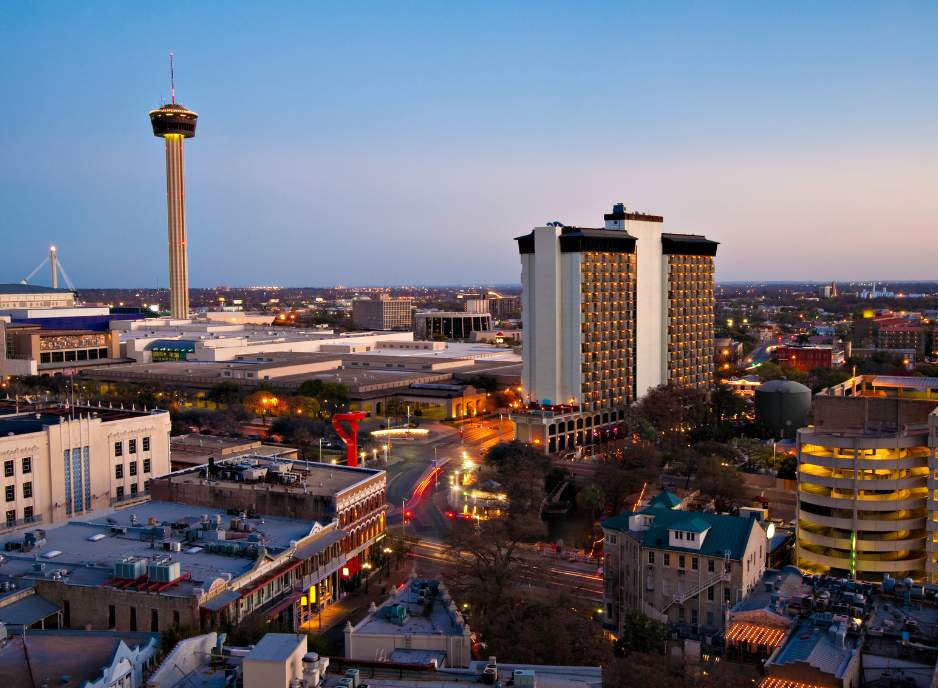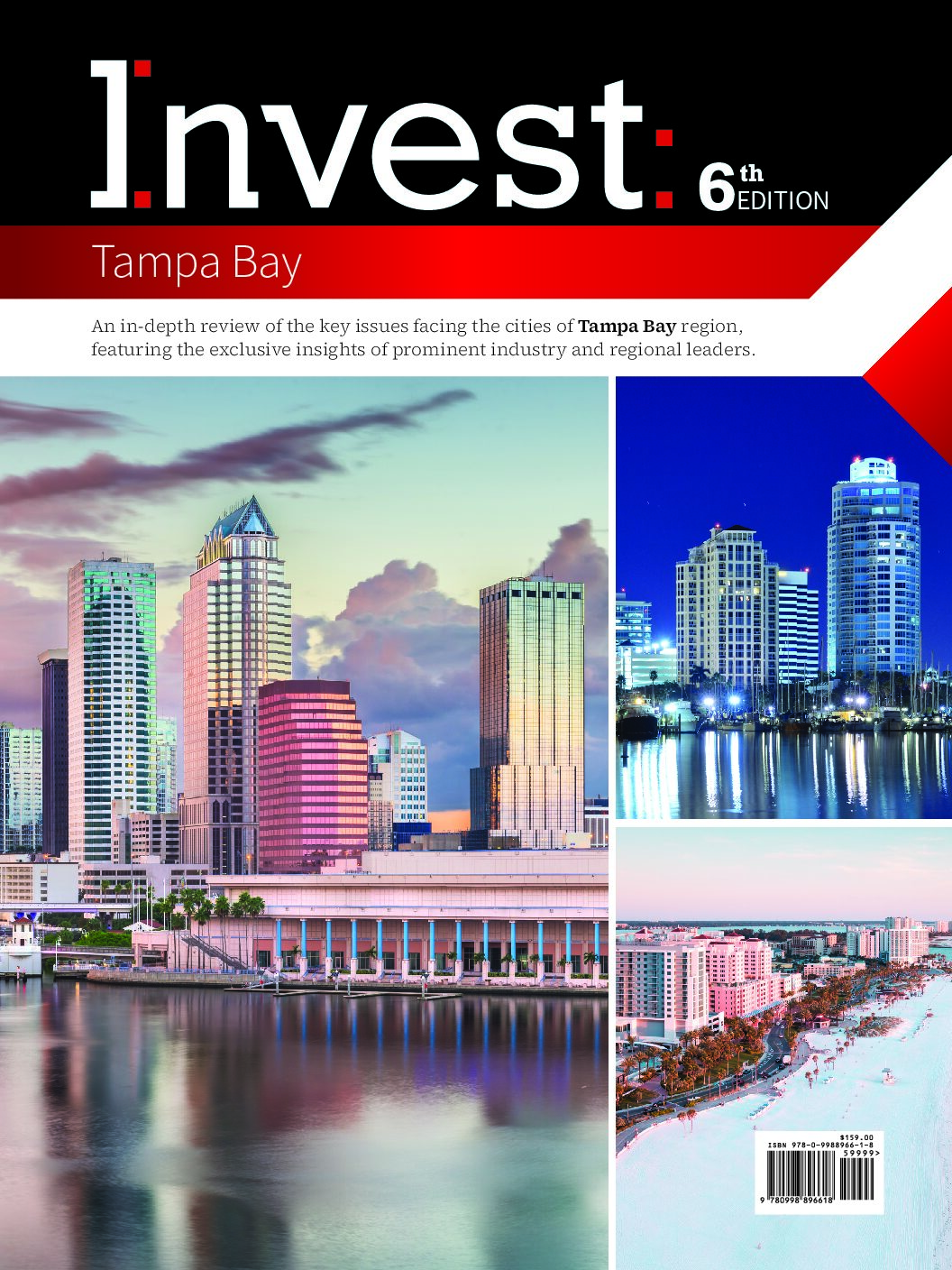Jeffrey Tengel, Chief Executive Officer, Rockland Trust
Jeffrey Tengel, CEO of Rockland Trust, discussed with Invest: the current business climate in the Boston community, including calling attention to the adverse economic headwinds that are affecting things in the area.
What are some of the most important achievements for Rockland Trust over the past year?
The things that I’m proudest of usually involve our employees and customers. For example, we were voted — for the fifteenth year in a row — as one of the top places to work in Massachusetts by The Boston Globe. We think that’s a pretty impressive track record and something that we care about a lot. We also received an ‘Outstanding’ rating for our Community Reinvestment Act. That’s also really important to us: giving back to the community and being a part of it. Our philosophy is if we have an engaged workforce, we are better. Not only will you get on a good career track at Rockland Trust, but we’ll look after and take care of you. Our culture is empathetic, kind, and caring. If our colleagues really like to work here, that will result in outstanding customer service.
We consistently score very high with third-party research firms that come in and track those metrics. It’s something we really focus on. I know a lot of companies talk about putting the customer first; we like to put our employees first because we think that, in turn, will drive customer satisfaction and engagement with the customer and really provide clear returns over the long haul.
How has Rockland Trust managed to maintain a growth trajectory despite the uncertain economic climate?
There are many good things about Rockland Trust, but there’s one thing in particular: we do boring really, really well. We’re a pretty plain vanilla bank. We make loans, we take deposits, and we service our customers well. We’ve been doing that for over a century and our strategy has never wavered. In situations like in the past year, when the economy is a little uncertain and there are some hiccups here and there, it doesn’t really change our behavior because we are very consistent and a fairly conservative company. If anything, some of the other companies in the industry move closer to where we have always been in terms of how they think about things. The flip side of that is also true. If there are banks or companies that are growing in double digits at rates in far excess of the economy, that’s typically not us. We don’t grow super fast when the economy is growing fast, and when there’s a bit more conservatism, we continue to do really well. Since we are a conservative company, we continue to be able to serve our customers and they see that. It’s easy to be a bank when everything is going well. It’s harder to be a bank when things are not going well, whether it’s individuals or companies. And that’s where we really earn our stripes. It’s really when you fortify or solidify those relationships, when we help one another through those challenging times and when there’s a bit of uncertainty in the economy. That’s what we really pride ourselves on.
How is the business climate in Boston amid today’s economic uncertainty?
Boston has a pretty diverse economic landscape. The tech sector has seen much less money coming its way year over year and those startups are having a much harder time raising money, so I think that part of the economy is seeing challenges. Technology and commercial real estate are the places getting the most adverse headlines. But Boston is so much more than just those industries. There’s healthcare and nonprofits as well. We have a very granular customer base so we’re not particularly limited by any industry, such as Silicon Valley Bank in 2023. We tend to see a good cross section of companies, whether they’re small manufacturers or distributors. So, we’re not swinging for the fence at all. Those companies, I would say, are doing good. They’re a bit cautious but they haven’t gone into their foxhole. It’s been kind of measured optimism. It’s been fine for us in regards to the landscape. I do think the Boston community has a lot of built-in advantages, one of those being access to talent because of all the universities that are in the greater Boston area. I know affordable housing is an issue that we need to solve in order to attract a lot of the young people that we want to have working here. It’s a great place to live and work. It’s got a deep water port too, so we have all the economic activity associated with that. It’s got a lot of advantages that will enable us to do well when the economy picks up again and inflation comes down.
How are you positioning yourself in terms of real estate in 2025?
On the real estate side, it’s definitely slow. We continue to support our main commercial real estate customers. We like them and we have a lot of good people and customers who work in real estate and will continue to support them. One of the realities of right now is that, regarding new construction, the cost of raw materials have gone up because of inflation. Interest rates have also gone up. A lot of projects that might have gotten off the ground a few years ago are not doing so because the numbers just don’t work. It’s tougher to make it work. That’s almost a self-correcting mechanism that has slowed activity there. The same is probably true of the general real estate market. It’s more conservative today than it was a couple of years ago. A lot of that is because of interest rates rising over the past two years, making it more difficult to get things refinanced, especially if you’ve had any kind of vacancy in your project, whether it’s office or retail or multifamily. It’s tougher to pencil in new business in this environment.













